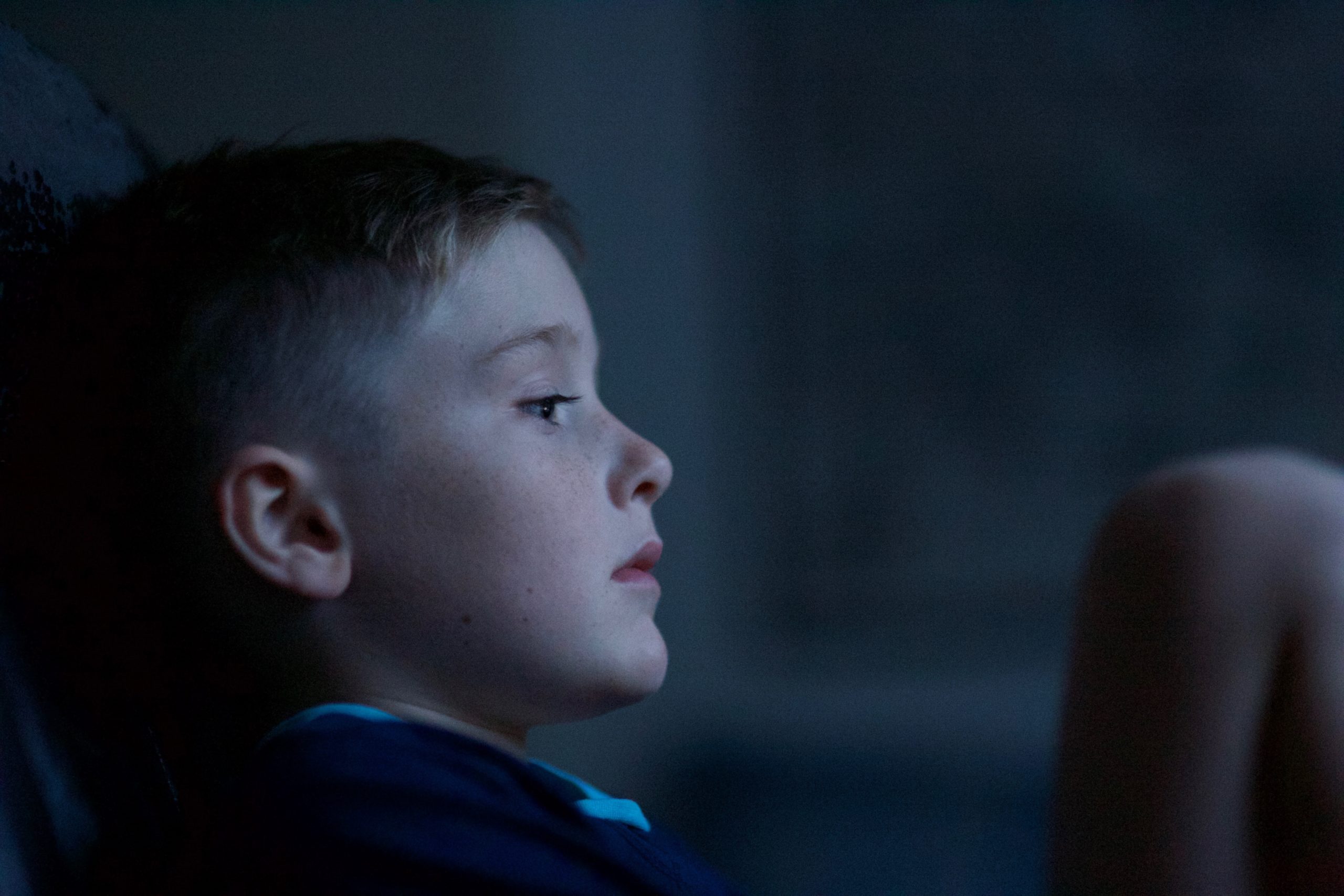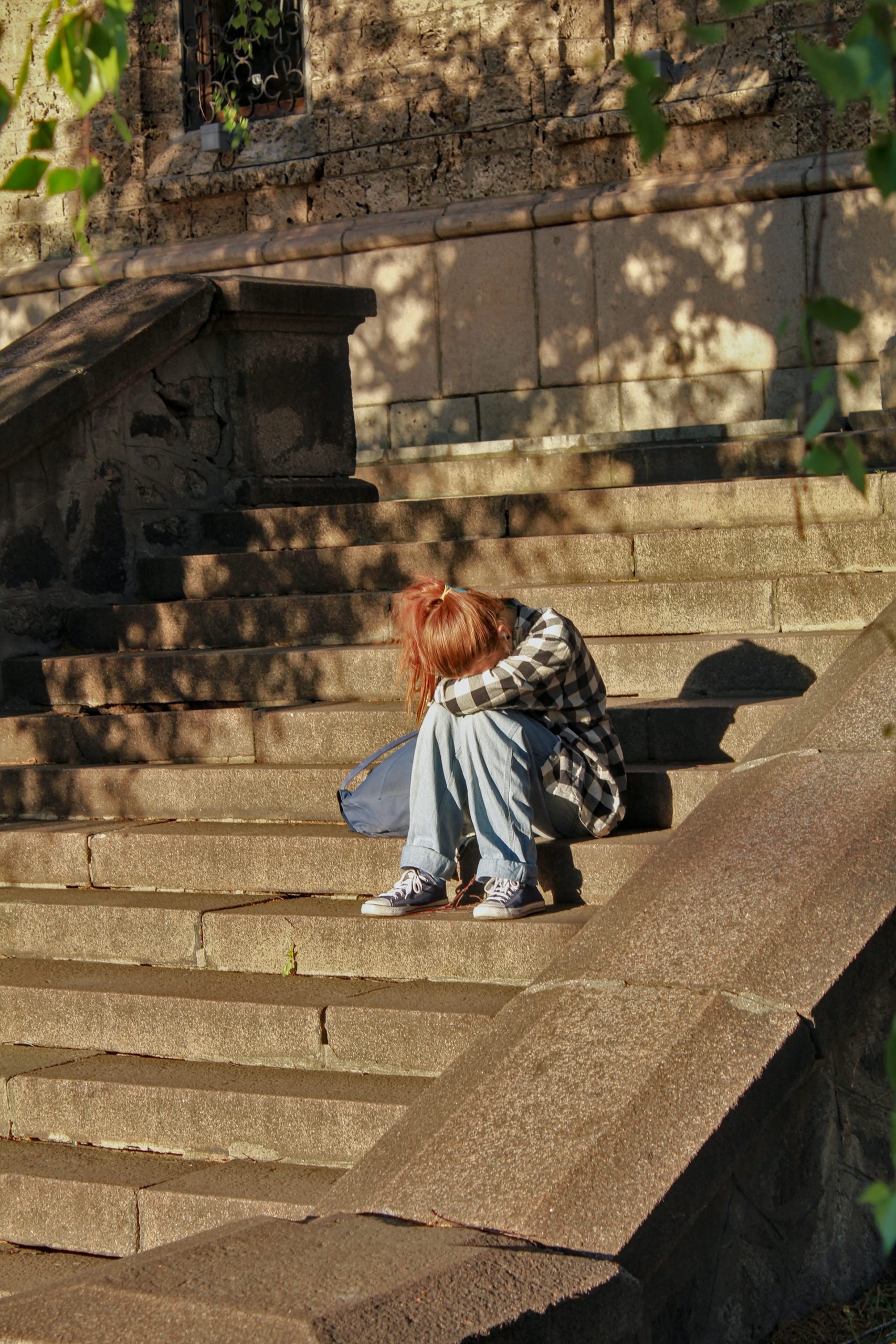Depression, anxiety, and many other mental health disorders have been reportedly on the rise in recent years. More and more adults are opening up to their families, friends, and doctors about their internal struggles. So, where do discussions about children’s mental health fit into the larger conversation?
 Children, just like adults, can be at risk for any number of mental health conditions. The prevalence of ADD, ADHD, and OCD among school-aged children tends to be widely accepted these days. However, internalizing disorders in children, such as depression and anxiety, still frequently go unnoticed by parents and educators. This is largely because depression and anxiety in children present with different symptoms than in adults.
Children, just like adults, can be at risk for any number of mental health conditions. The prevalence of ADD, ADHD, and OCD among school-aged children tends to be widely accepted these days. However, internalizing disorders in children, such as depression and anxiety, still frequently go unnoticed by parents and educators. This is largely because depression and anxiety in children present with different symptoms than in adults.
How can you determine if your child’s sadness is a sign of a mental health disorder or just a typical reaction to growing up? While only a mental health professional can diagnose your child with depression and create a treatment plan that is right for your family, this article aims to help you understand childhood depression, recognize the signs of depression in children, and assist you in starting conversations that could help you support your child while they are struggling.
Depression in children, as in adults, is a health concern that should be taken seriously, but it is treatable. With the right support, children with depression can lead healthy, happy lives.
What is Childhood Depression?
Depression in children is characterized by persistent “lowness,” sadness, or irritability. Childhood depression is different from typical childhood “blues” or sadness in that it is persistent, lasts more than two weeks, affects multiple areas of the child’s life, and interferes with their ability to function as they normally do.
This mental health disorder may include observable symptoms, but largely affects the internal life of those suffering from it. Depression can cause feelings of hopelessness, disinterest, emotional numbness, and in severe cases can lead to thoughts of self-harm or suicide.
Sadness in your child, even somewhat prolonged sadness, is generally not an indication of a depressive episode or disorder. However, if this sadness is accompanied by significant changes in a child’s behavior, relationships, sleeping habits, eating habits, or level of interest in activities they used to enjoy, it is possible that your child is experiencing an episode of depression.
The key indicators that a child may be struggling with depression instead of typical childhood emotions are how long the lowness lasts and how well the child is able to cope.
Recognizing the Signs of Depression in Children
While depression is primarily an internal condition that affects the thoughts and emotions of its sufferers, it is possible to observe the behavioral signs that accompany these emotional symptoms. Children with depression present differently than adults do, as they are generally less able to process and identify their feelings. This can lead to behaviors that appear to stem from boredom, attention-seeking, or anger but are true symptoms of the child’s depression.
Emotional Symptoms
- Frequent, persistent sadness, irritability, and hopelessness
- Loss of interest in relationships, activities, and hobbies that used to bring joy
- Feelings of worthlessness, uselessness, and guilt
- Possible thoughts of self-harm or suicide
- Low self-esteem
- Feelings of emptiness or numbness
Behavioral Signs
- Inability to concentrate or stay on task
- Frequent absences or poor performance in school
- Social withdrawal from friends and family
- Self-harm or self-destructive behaviors
- Behavior problems (disruptive, destructive, or disrespectful)
Accompanying Physical Symptoms
- Frequent headaches, stomachaches, or nausea
- Lack of energy, lethargy
- Changes in sleep patterns, such as sleeping more or much less than usual
- Changes in eating habits, such as eating much more or less than usual (could include weight fluctuations)
Can Counseling Help with Childhood Depression?
If your child is identified as suffering from depression, counseling and therapy can greatly help your child and your family. A trained counselor may be able to get your child to open up and talk through their problems. In younger children especially, individual therapy in conjunction with family therapy may be utilized to encourage identification and verbalization of feelings, increase understanding within the family, and provide increased support for the child.
Cognitive-behavioral therapy and play therapy are the primary therapeutic methods for treating signs of depression in children and can help give your child the tools they need to think in healthier ways and manage any negative behaviors.
If you believe that you are seeing signs of depression in children under your care, start by speaking to their primary care providers about your concerns. Looping in a child’s doctor is essential to getting them the support they need, as only a physician will be able to rule out any medical cause for your child’s change of mood and behavior.
There are a number of medical conditions that can cause symptoms of depression, such as concussions, anemia, and vitamin deficiencies to name just a few. Once these are ruled out, your child’s doctor will be able to assist you in finding a mental health professional to support your child and your family.
Seeking counseling for your child, and possibly for yourself, can go a long way to better supporting them as they work through their depression. However, it is important to remember what vital role parents play in their children’s mental health.
A healthy, present, supportive parent-child relationship can do more to provide your child with stability and a sense of well-being than any other relationship in their life. Encouraging open communication, asking open-ended questions, and continuing to bond with your child, even when they are withdrawn, are all important steps to take when caring for your child’s mental health.
Tips for Speaking to Children About Depression
When you suspect your child may be struggling, the first step is to speak with that child about your concerns. Starting a conversation with your child about mental health can seem daunting or uncomfortable, but it doesn’t have to be difficult. Here are a few tips to guide you.
Let your child lead the conversation.
Start by asking open-ended questions like “How are you feeling?”, “Can you tell me what’s bothering you?”, or “How big is your sadness today?”. Let your child speak for as long as they want and don’t be afraid to ask follow-up questions. It’s important that you get a clear picture of your child’s internal life.
Clearly explain what depression is and how it can make people feel.
 If you feel your child is old enough to understand, tell them specifically what you are concerned about. Sometimes knowing that what they are experiencing has a name and that other people also struggle with it can help a child feel less out of control.
If you feel your child is old enough to understand, tell them specifically what you are concerned about. Sometimes knowing that what they are experiencing has a name and that other people also struggle with it can help a child feel less out of control.
Compare depression with a medical condition with which your child is familiar.
It can be useful to compare depression and other mental health conditions to physical ailments. For example, if your child has allergies, they may understand that exposure to their allergen can cause their body to react in a negative way. You can then talk about how the brains of people who struggle with depression can react in negative ways when difficult things happen.
Take your child’s problems seriously.
If your child does open up to you about what is bothering them, be sure to really listen. No matter how trivial their problems may seem to you, the emotions that they are causing your child to feel are real and serious. Make sure your child feels like you understand how important their struggles are to them and that you genuinely want to help.
Make sure they know it’s not their fault.
Depression can be isolating and lead to feelings of guilt and shame in both adults and children. When you speak with your child, be sure that they understand that they are not to blame for what appears to be going wrong in their life. If possible, share a bit about your own life struggles so that they realize they are not alone in their experiences. Remind them that everyone goes through difficult times and that you will be there for them no matter what.
The signs of depression in children are not always clear-cut or easy to recognize. At the end of the day, you know your child better than anyone else. So, if you are concerned about your child’s mental health, trust your gut and start seeking help.
People rarely regret taking their mental health or their children’s mental health too seriously. Your community, your child’s doctor, counselors, and therapists are all resources you can call on if you think your child or family needs additional support. Contact our reception team today to schedule an appointment!
“Contemplating”, Courtesy of Luke Pennystan, Unsplash.com, CC0 License; “Resting on the Steps”, Courtesy of Zhivko MInkov, Unsplash.com, CC0 License; “Watching the Fish”, Courtesy of Bekah Russom, Unsplash.com, CC0 License; “Rage”, Courtesy of Xia Yang, Unsplash.com, CC0 License







